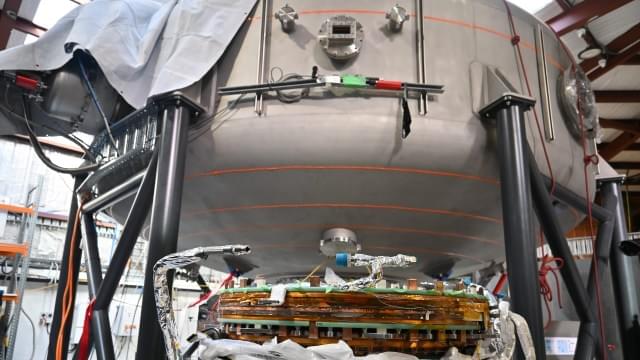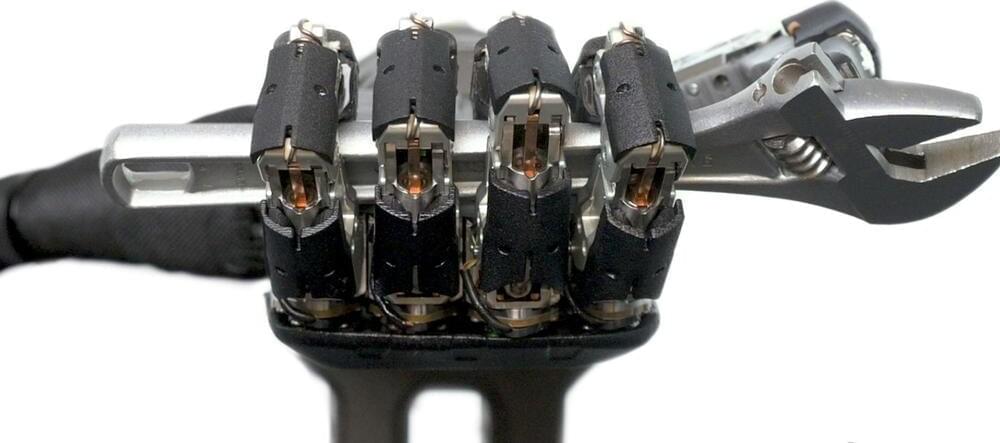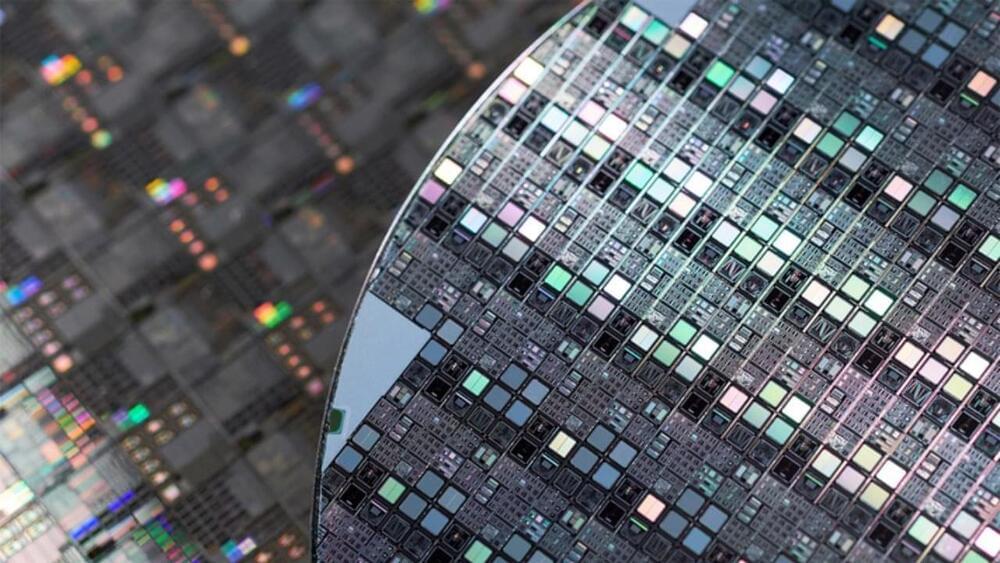“So when we’re talking about mirror-image life, it’s kind of like a ‘what if’ experiment: What if we constructed life with right-handed proteins instead of left-handed proteins? Something that would be very, very similar to natural life, but doesn’t exist in nature. We call this mirror-image life or mirror life,” explained to Michael Kay, a professor of biochemistry at University of Utah’s medical school.
Some scientists like Kay are interested in the medical possibilities of mirror-image therapeutics—which Kay says holds potential for treating chronic illness in a more cost-effective way—but both he and the authors of the recently published commentary are concerned about the potential threats posed by mirror bacteria.
“Our analysis suggests that mirror bacteria could broadly evade many immune defenses of humans, animals, and plants. Chiral interactions, which are central to immune recognition and activation in multicellular organisms, would be impaired with mirror bacteria,” according to the scientists.








